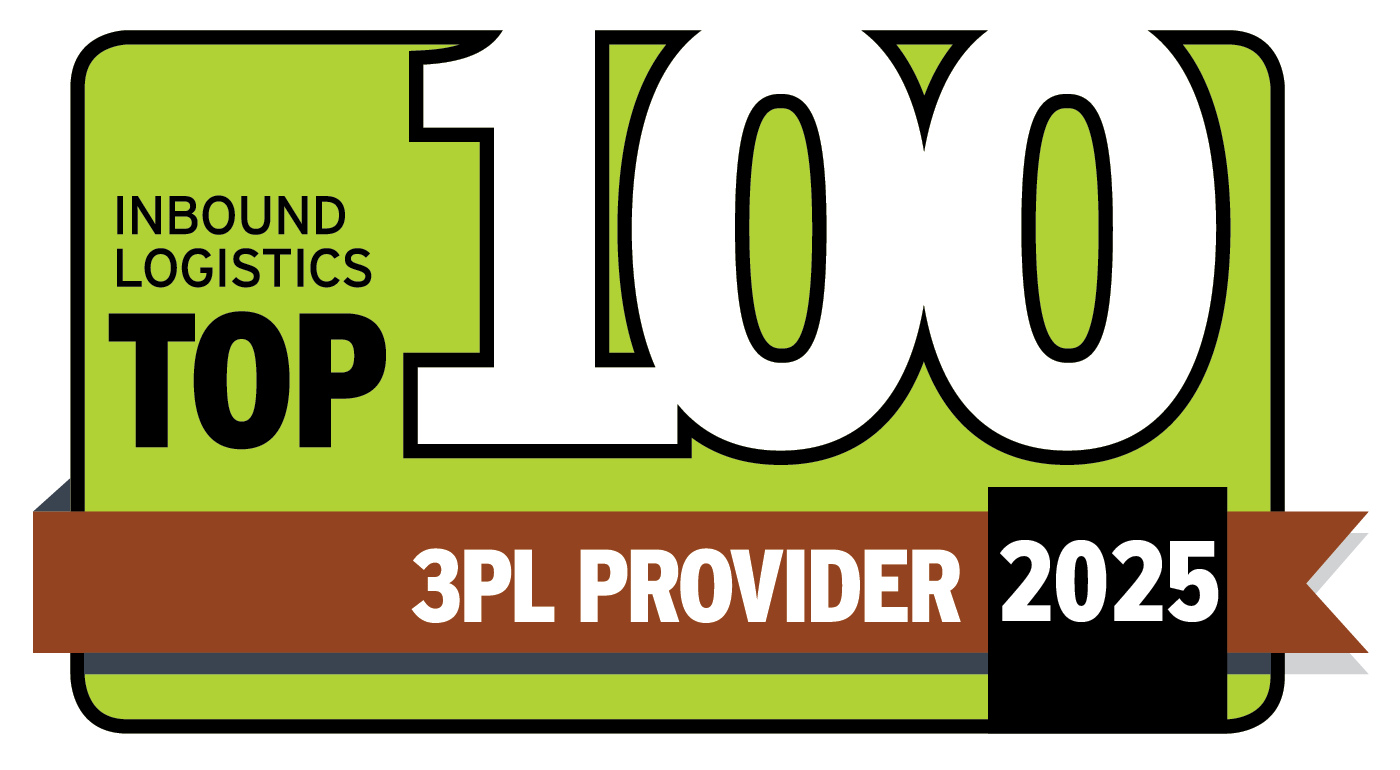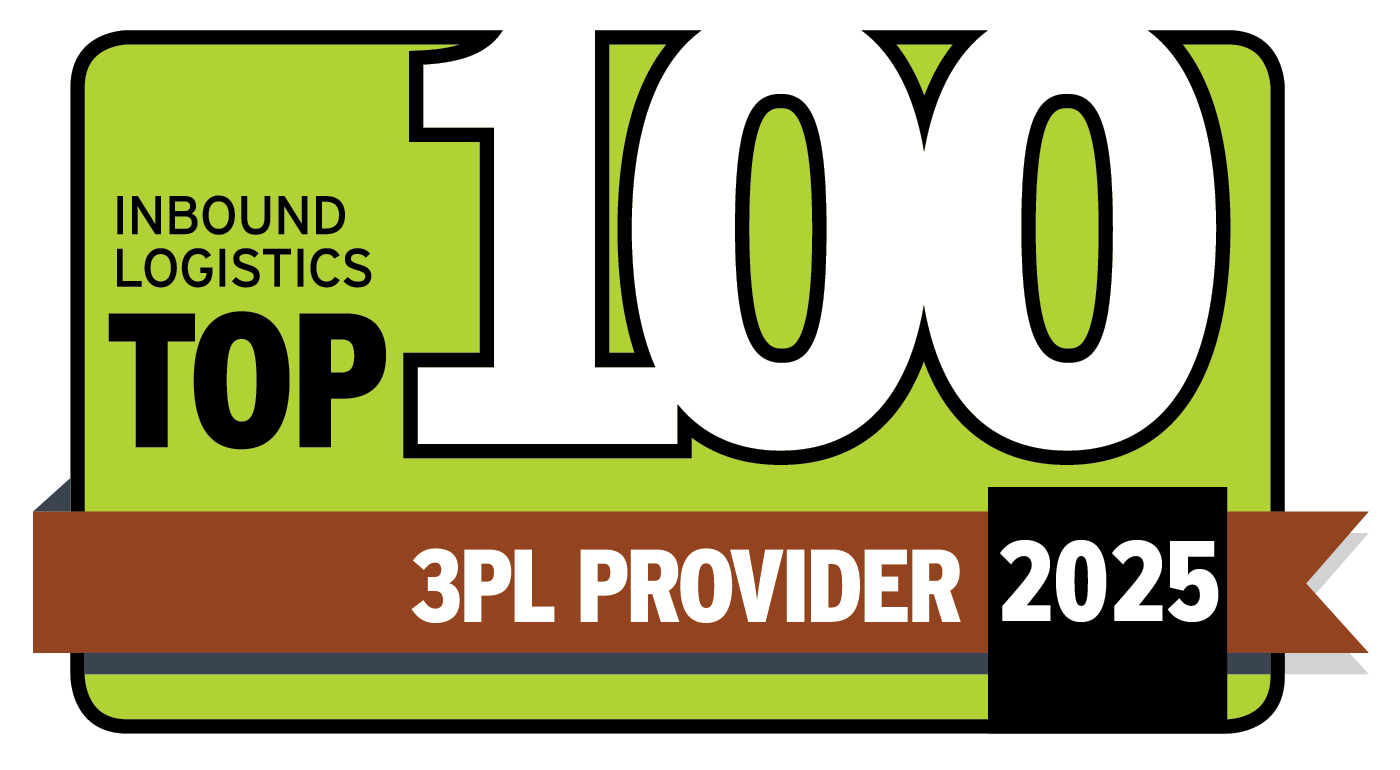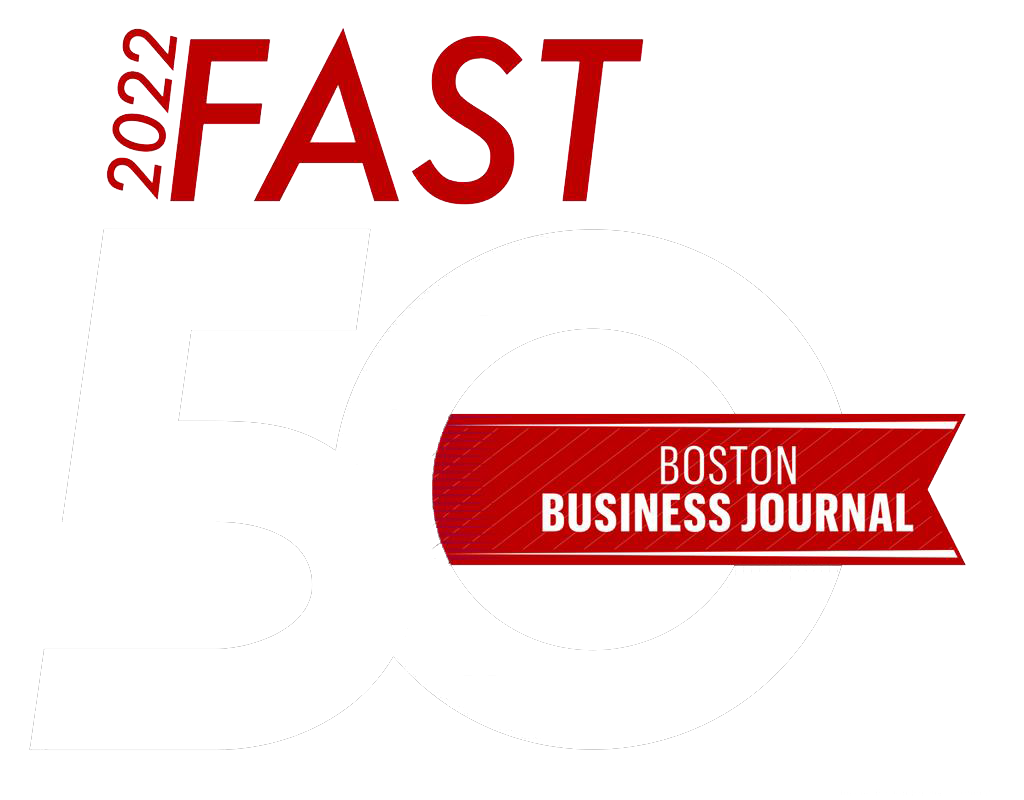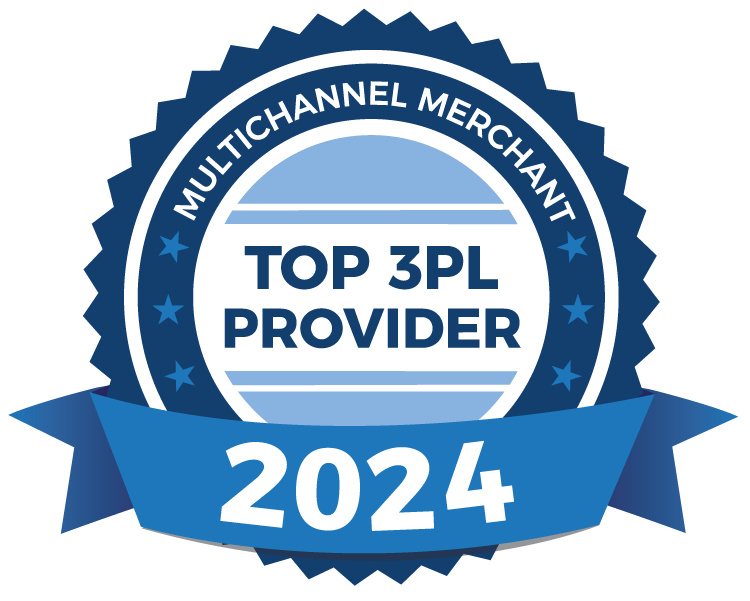The ÃÛÌÒ´«Ã½ Blog
The latest news, trends, and insights in supply chain logistics from ÃÛÌÒ´«Ã½'s own team of subject matter experts.

FOR IMMEDIATE RELEASE Franklin, MA — ÃÛÌÒ´«Ã½ ÃÛÌÒ´«Ã½Centers , a leading third-party logistics provider recognized for its expertise in eCommerce and omnichannel fulfillment, is proud to announce a new partnership with Maxwood Furniture to support its Western US DTC fulfillment operations. The partnership marks a significant milestone for Maxwood as the company continues to scale its nationwide distribution strategy. Maxwood Furniture is a global manufacturer of precision-engineered wood furniture with more than 20 years in the market. The company offers several distinct brands and product lines that ship from its US-based distribution centers or directly from its 1.3 million-square-foot factory in Vietnam. Maxwood serves retailers, design and procurement firms, hotel groups and turnkey project companies around the world. “We walked away from our visit to ÃÛÌÒ´«Ã½’s Montebello operations genuinely impressed with the visibility their systems provide,” said Heidi Germann , senior manager of operations at Maxwood. “Their integration, reporting and thoughtful approach to network design really stood out. ÃÛÌÒ´«Ã½’s geographic footprint fits where we’re headed and their team’s thoroughness helped us determine the best transition path.” After the initial transition, ÃÛÌÒ´«Ã½ will begin planning a Dallas warehouse location to support Maxwood’s continued growth. “We are excited to partner with the Maxwood Furniture brand and team,” said Mark Healy , vice president of customer solutions at ÃÛÌÒ´«Ã½. “Our companies are aligned culturally and operationally, which creates a powerful combination to support Maxwood’s market-leading growth initiatives.” The launch is scheduled for mid December with outbound DTC order processing beginning shortly after. About Maxwood Furniture: Maxwood Furniture is a family-owned and operated import and wholesale business that designs, manufactures, and distributes solid wood furniture products across North America and around the globe. Our products are meticulously engineered in our fully accredited factory to meet or exceed US & EU safety standards. We manufacture using the latest equipment & best materials, including industrial-grade hardware, to create products that are made to last. Our customers range from designers to small independent & large retailers such as Rooms to Go, Jordan’s Furniture, and Bernie & Phyl’s. About ÃÛÌÒ´«Ã½ ÃÛÌÒ´«Ã½Centers Since 1941, ÃÛÌÒ´«Ã½ has provided customized third-party logistics (3PL), direct-to-consumer (DTC) eCommerce fulfillment, omnichannel distribution, managed transportation solutions and retail compliance for clients across all industries, with a focus on apparel & footwear, health & beauty, consumer packaged goods (CPG) and education. ÃÛÌÒ´«Ã½ continues to be a leading 3rd party logistics provider in North America, known for superior execution, customer engagement and direct access to senior leadership decision makers. As a member of Inc's fastest growing companies list 15+ times, ÃÛÌÒ´«Ã½ is big enough to do the job and still small enough to deeply care about your business. Brands interested in a new 3PL partnership may contact ÃÛÌÒ´«Ã½ directly here . Official Release Here
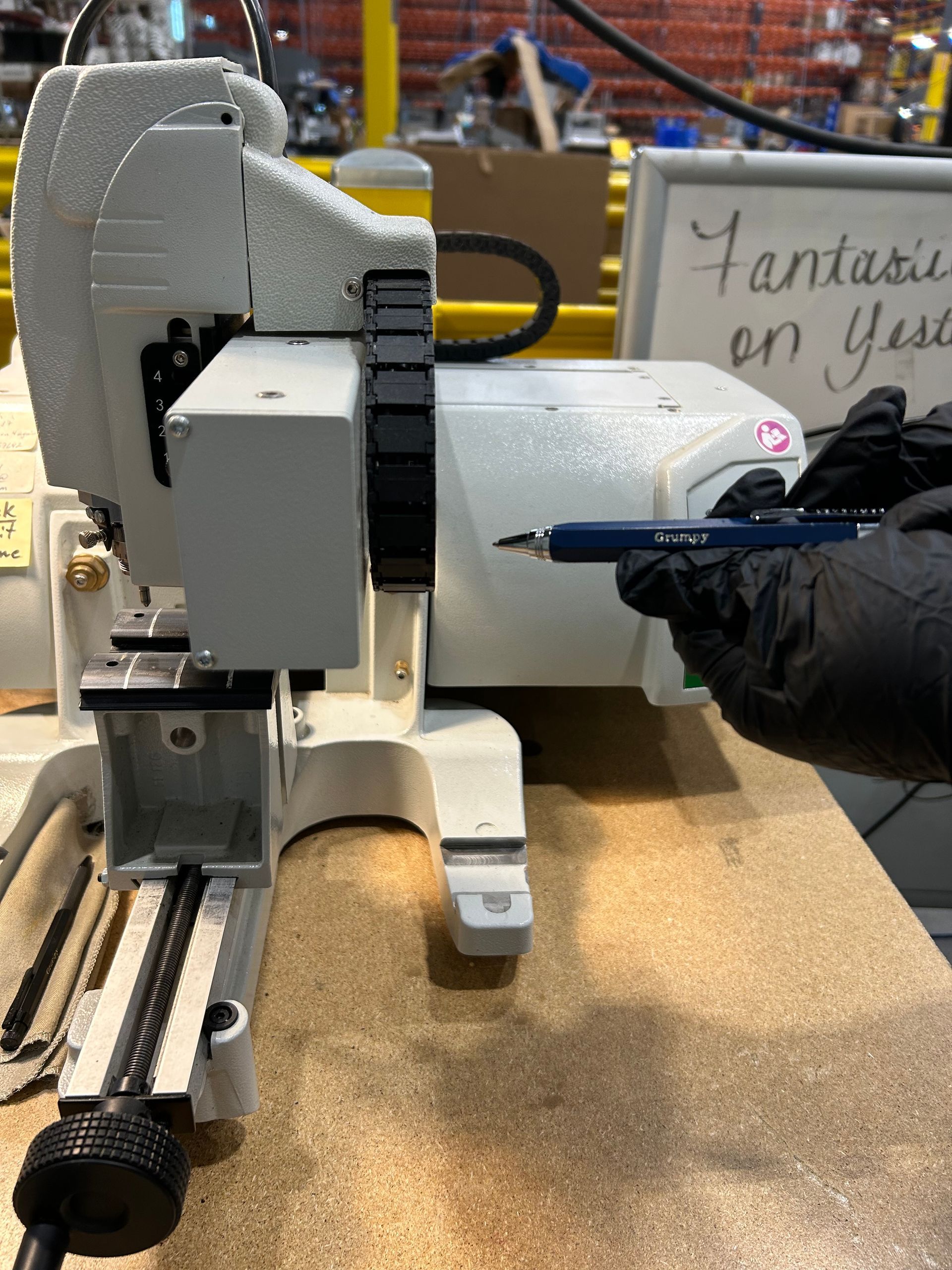
As a marketer, I can’t help but think about how much “fluff” is in advertising and how people are bombarded daily with thousands of generic messages. And as I begin my holiday shopping, it honestly hurts my soul knowing that dad is getting another set of generic socks, sister is getting another plain ceramic coffee mug, and mom is getting another non-stick pan that will end up with the hundreds she already has. Then I started noticing people line up for HOURS to get their bags monogrammed, their journals engraved, and their gifts wrapped with custom notes — and it hit me. Personalization is all about a feeling. The feeling that you thought deeply about someone when choosing a gift, and that it wasn’t just another HomeGoods candle regift (we’ve all been there — no judgment, but I am squinting). And yes, these are the things that keep me up at night. But on a larger scale, I’m always thinking about what brands could be doing better. And the data is in: personalization is one of the most effective ways to stand out. According to Salesforce, 78% of consumers are more likely to repurchase from brands that personalize their offerings , and Adobe reports that 52% of consumers now expect personalized offers from retail brands . What used to be a “nice touch” is now the expectation. Below are the personalization trends we see leading the charge this holiday season — many of which you’ll spot in our recent personalization workflow video. 1. Monogramming is having a moment Embroidery remains one of the most requested personalization services. It creates an emotional connection that gift shoppers love, and when it’s built directly into fulfillment operations, it avoids the bottlenecks brands often face. 2. UV printing is becoming a go-to for fast customization UV printing delivers a premium look quickly and works across a wide range of materials. It provides brands with the flexibility to offer personalization without compromising shipping promises. 3. Laser engraving continues to stand out for gifting Engraving adds depth, permanence, and a premium feel that elevates even simple products. With 86% of shoppers stating that personalization influences their purchasing decisions , engraving has become a strategic differentiator for gifting moments. 4. Debossing is rising in popularity for premium and corporate gifting The subtle, elevated finish resonates with shoppers seeking something that feels intentional and gives professional vibes. It also photographs beautifully, which matters when unboxing content drives discovery. 5. Handwritten notes still matter There’s nothing more human than a handwritten message. A simple note can turn a routine order into a moment worth sharing, and shoppers notice the effort. 6. Gift wrapping expectations are higher than ever Gift wrapping used to be a “nice-to-have." Shoppers want gifts to arrive ready to give, and they expect the wrap to match the quality of the item. When a 3PL integrates wrapping into its workflow, brands get consistency without sacrificing speed. 7. Kitting and curated sets are on the rise Gift sets and bundles remain one of the strongest trends of the season. Customers love the convenience and the elevated presentation, but behind the scenes, kitting requires organization and accuracy — especially during peak. That’s where strong fulfillment workflows matter. 8. Custom packaging shapes the unboxing experience Personalized tissue, belly bands, stickers, sleeves, and inserts transform a simple shipment into a brand moment. Deloitte found that 54% of consumers expect a personalized unboxing experience , and 70% say that custom packaging enhances their perception of a brand . Packaging is all about storytelling. Why personalization matters more this season Across retail, personalization drives: Higher repeat purchases Increased AOV Stronger first impressions Better loyalty More organic social content With 40% of consumers spending more than planned when they receive personalized experiences , the value is undeniable. The brands that stand out are the ones that can deliver personalization consistently, accurately, and quickly — especially when volume spikes. How ÃÛÌÒ´«Ã½ brings personalized fulfillment to life Within ÃÛÌÒ´«Ã½ facilities, personalization is an integral part of the operational workflow for many of our partners. Our teams support brands with: Monogramming and embroidery UV printing Laser engraving Debossing Gift wrapping Handwritten notes Custom packaging setups Kitting and bundling Real-time visibility and reporting Brands get the elevated customer experience they want without compromising speed or accuracy. Big plans for custom services next year? If your brand wants to introduce new custom services or scale the ones you already have, an experienced 3PL partner is non-negotiable. Contact us for a free personalization supply chain consultation today.

If you’ve ever stared at a 3PL proposal and wondered, “How did they get these numbers?” you’re not alone! ICYMI: ÃÛÌÒ´«Ã½ joined The New Warehouse podcast to share how pricing actually works. Below are the top 10 tips and FAQs for your next 3PL search. 1) It starts with data, not a rate card A flat rate card can work for simple, one-size-fits-all operations. That’s not most brands we talk to. We build custom pricing from your data, so the solution fits how you sell and ship. What we ask for first 12 months of order volume Units per order, and per line SKU count, and on-hand per SKU Inventory snapshots, and turns Seasonality patterns, and promos Returns profile, and value-added steps When data is thin, we’ll model with clear assumptions. The fewer assumptions we need, the tighter and more accurate your pricing gets. 2) The core truth: 3PLs sell time A fulfillment operation is a time engine. Every touch, every walk path, and every carton closed takes seconds. These seconds add up to labor, your biggest cost after space. We analyze: Pick and pack methods by product type Walk paths, and slotting to reduce travel Work content at the station, from tissue wrap to branded inserts Throughput targets by hour, to size teams right Small process tweaks create big pricing differences. 3) Who’s in the room when we price? It’s a team sport. Sales brings the brand voice. Engineering models the work and solution. Finance prices the model. Ops reality-checks the floor plan. Marketing joins early to understand your brand experience, so we’re aligned before go-live. 4) Culture fit affects cost more than you think Rates matter, but so does how we’ll work together. When your team engages early, we guess less, build faster, and avoid re-dos. We bring cross-functional teammates to calls and on-site visits. We’ve even secret-shopped your store to unbox like your customer — that tells us as much about labor content as it does about your brand story. 5) The most underrated file: your item master If you give us one perfect thing, make it this: length, width, height, weight, inner and master packs, and hazard flags. The item master drives slotting, cartonization, dunnage, storage mix, and therefore your space and transportation costs. Bad dims mean shipping air — and paying for it. If item data is missing, we’ll run first article inspections during receiving, so we don’t guess. 6) SKU velocity is your pricing cheat code If 20% of SKUs drive 80% of orders, tell us. We’ll set A/B/C slotting, right-size pick faces, and build walk paths that cut travel. That trims seconds per order, which trims labor, and your rate. Control sprawl with SKU retirement, and you’ll see it in your quote. 7) Automation: when and who pays? We don’t push automation for the buzz. We propose it when ROI beats manual — period. Sometimes that’s AMRs or put walls. Sometimes it’s smarter pick logic, and a better layout. Who pays? Shared or usage-based models are common now — think cents per unit instead of a big lump sum For big, dedicated systems (AutoStore, etc.), cost sharing and longer terms make sense. Clear exit and buyout language protects both sides If your five-year growth case is ambitious, we’ll model a path that won’t lock you into a fixed cost you can’t carry if the forecast shifts 8) Cost-plus vs. unit rates Both work. For large, capital-heavy partnerships, open-book cost-plus can make sense. You see the cost stack, agree on a set margin, and share in kaizen savings. Unit rates with a solid assumptions list are the cleanest path for many brands. We’ll recommend what fits your scale, and risk profile. 9) Labor and seasonality without the chaos tax Share your seasonality curves, and we’ll build a flexible staffing plan. We run campus models in several markets, which lets us share trained associates across buildings when peaks don’t overlap. For surprise spikes, we’ll bring you options fast — overtime, weekend shifts, borrowed equipment — with costs so you can pull the right lever. 10) How long should pricing take With good engagement and access to data, two to three weeks is a fair target for a complete custom proposal. Faster is possible for simple needs, but rushing complex work means more assumptions, which often turn into changes later. This is not fun for anyone. 11. What brands can do to get a sharper quote Must-haves Clean item master with dimensions and weights 12 months of orders, lines, and units by day or week Inventory snapshot with on-hand by SKU SKU velocity and ABC classification, if you have it Returns volume, and typical work content Nice-to-haves Packaging standards with photos or SOPs Peak calendars, promo plans, and new channel launches Current cartonization logic or target box profile Compliance guides for retail, or marketplaces Deal-savers One cross-functional call with Ops, Supply Chain, Finance, and Marketing A short on-site or virtual floor walk Agreement on written assumptions in the proposal A quick note on learning curves Be careful if a provider is new to a service and wants you to fund their training via higher handling rates. This industry has clear market expectations for common services. If a price is wildly off the mark, it might not be the right fit. If both sides missed complexity during sales, we handle that with transparency — not surprises. Bottom line Great 3PL pricing isn’t magic. It’s data in, design out, with honest assumptions and a team willing to roll up its sleeves. When we understand your products, peaks, and brand experience, we can engineer the seconds out of the process and the cost out of your quote. Want us to run the numbers for you? Contact us now f or a complimentary supply chain consultation with one our ÃÛÌÒ´«Ã½ 3PL experts.
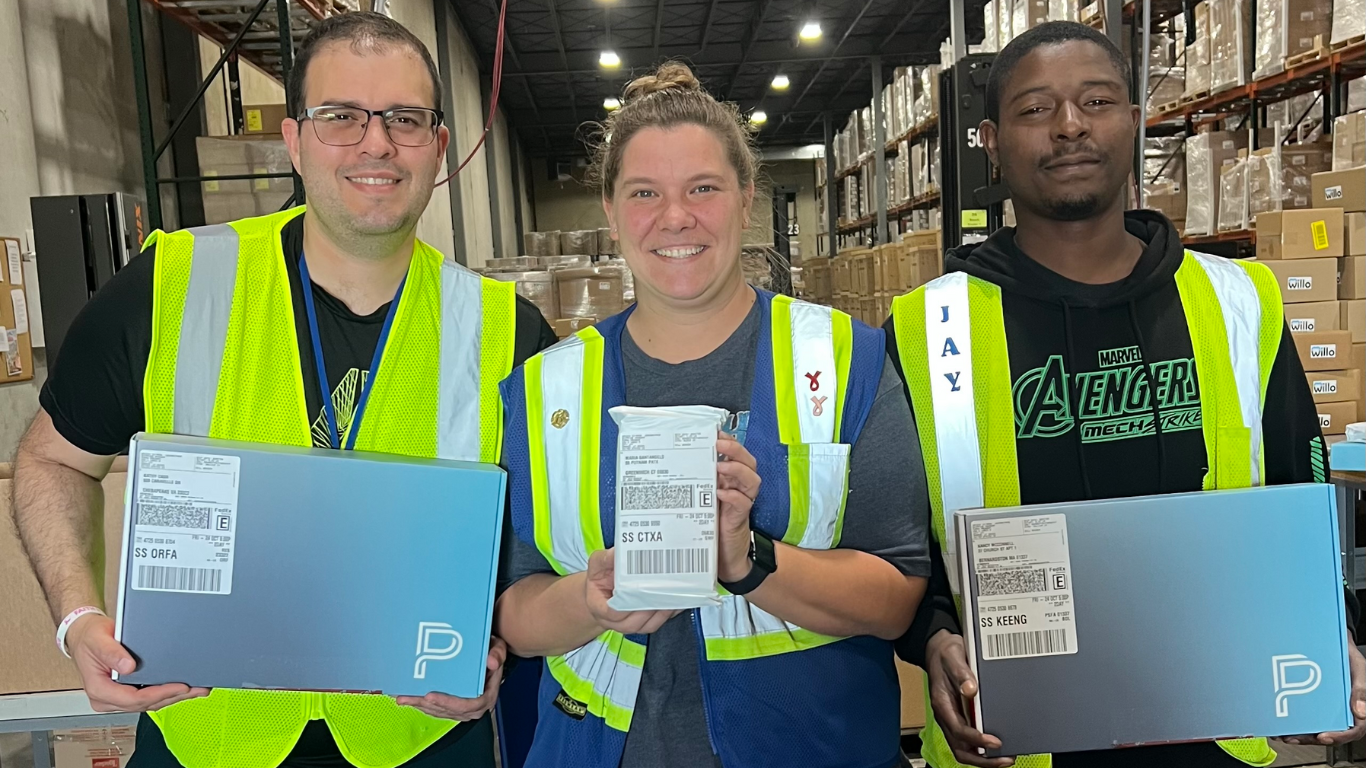
Delivering Wellness: ÃÛÌÒ´«Ã½ ÃÛÌÒ´«Ã½Centers Partners with Pompa Program for Nationwide Fulfillment
FRANKLIN, Mass. — ÃÛÌÒ´«Ã½ ÃÛÌÒ´«Ã½Centers has been selected by Pompa Program , a Utah-based health and wellness company specializing in cellular health analysis and proprietary supplement products, to manage its direct-to-consumer (D2C) fulfillment and transportation operations. The partnership expands Pompa’s fulfillment footprint across the Eastern United States, ensuring faster, more reliable two-day delivery on all orders. ÃÛÌÒ´«Ã½’s Hickory Hill, Tennessee, facility will serve as the dedicated fulfillment hub, offering food-grade, temperature-controlled space and advanced inventory management systems to support its growth. “We chose ÃÛÌÒ´«Ã½ because they provide the perfect combination of experience and long-term partnership,” said Bryan Oviatt , director of supply chain at Pompa. “Their proven expertise in health, beauty and wellness made them the clear choice. We’re also excited about future NetSuite integration capabilities to further enhance efficiency. We see ÃÛÌÒ´«Ã½ as an extension of our team and look forward to what’s ahead.” From fulfilling cellular health testing kits to distributing premium supplements, ÃÛÌÒ´«Ã½ delivers the operational scalability needed to support its expanding customer base. “We’re thrilled to partner with such a fast-growing and innovative health and wellness brand like Pompa,” said Mark Healy , vice president of customer solutions at ÃÛÌÒ´«Ã½. “Our goal is to provide a scalable foundation that supports their continued success and ambitious growth plans.” Pompa’s operations recently launched from one of ÃÛÌÒ´«Ã½’s Memphis distribution centers, a state-of-the-art facility built for high-volume, temperature-sensitive fulfillment. About ÃÛÌÒ´«Ã½ ÃÛÌÒ´«Ã½Centers Since 1941, ÃÛÌÒ´«Ã½ has provided customized third-party logistics (3PL), direct-to-consumer (DTC) eCommerce fulfillment, omnichannel distribution, managed transportation solutions and retail compliance for clients across all industries, with a focus on apparel & footwear, health & beauty, consumer packaged goods (CPG) and education. ÃÛÌÒ´«Ã½ continues to be a leading 3rd party logistics provider in North America, known for superior execution, customer engagement and direct access to senior leadership decision makers. As a member of Inc's fastest growing companies list 15+ times, ÃÛÌÒ´«Ã½ is big enough to do the job and still small enough to deeply care about your business. Brands interested in a new 3PL partnership may contact ÃÛÌÒ´«Ã½ directly here . About Pompa Program The Pompa Program framework integrates nutraceuticals, personalized nutrition, metabolic support and one-on-one coaching to correct dysfunction at its cellular source. Participants work with trained coaches to identify upstream factors such as heavy metal exposure, hormonal imbalances and gut dysbiosis that drive inflammation and cellular damage. Guided by Daniel Pompa, participants gain practical tools and support to detoxify their bodies, restore metabolic balance and improve overall wellness. Official Release Here
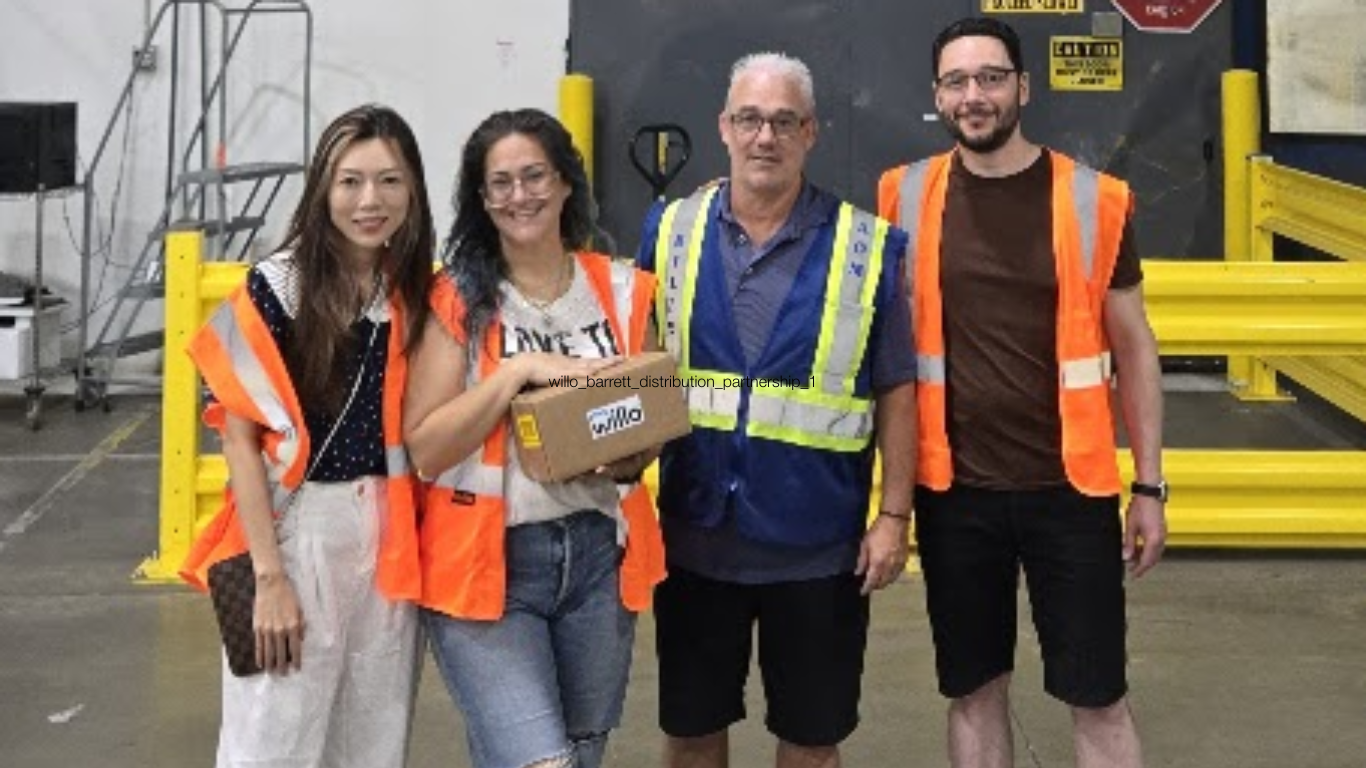
Franklin, MA — ÃÛÌÒ´«Ã½ ÃÛÌÒ´«Ã½Centers is proud to announce a new partnership with Willo , an oral hygiene company creating innovative dental products for kids. ÃÛÌÒ´«Ã½ will provide warehousing, fulfillment and transportation services to support Willo’s direct-to-consumer (D2C) and Fulfillment by Amazon operations. Willo’s decision came down to culture and size — finding a partner with the operational strength to meet aggressive growth goals while maintaining trust and close collaboration. “ÃÛÌÒ´«Ã½ struck the perfect balance for us. They are big enough to support our aggressive growth plans yet small enough to feel like a true partner,” said Rachel Blender , operations manager at Willo. “After going through multiple 3PL changes in the past, I knew we needed a partner we could trust for the long haul. ÃÛÌÒ´«Ã½ is that partner.” Willo, a company led by oral health experts, recently launched the Willo AutoFlo+, the world’s first fully automated toothbrush designed specifically for kids ages 5 to 13. The device automates brushing from start to finish, dispensing toothpaste and using the uniquely shaped OptiClean brush head to replicate the perfect brushing motion every time. “When Rachel reached out during the RFP process, I knew right away that Willo was the perfect partner for ÃÛÌÒ´«Ã½,” said Harrison Smith , director of pricing and contract logistics. “Their values, ambition and innovative spirit mirror our own, and that alignment sets the stage for something truly special. We’re excited to collaborate and help bring AutoFlo+ toothbrushes to homes across the country.” Headquartered in New York City, Willo will operate out of ÃÛÌÒ´«Ã½’s Hickory Hill, Tennessee facility. Beyond product innovation, Willo is committed to advancing children’s oral health education through community partnerships and outreach programs. The company plans to expand its product line and reach more families nationwide in the coming years. About ÃÛÌÒ´«Ã½ ÃÛÌÒ´«Ã½Centers Since 1941, ÃÛÌÒ´«Ã½ has provided customized third-party logistics (3PL), direct-to-consumer (DTC) eCommerce fulfillment, omnichannel distribution, managed transportation solutions and retail compliance for clients across all industries, with a focus on apparel & footwear, health & beauty, consumer packaged goods (CPG) and education. ÃÛÌÒ´«Ã½ continues to be a leading 3rd party logistics provider in North America, known for superior execution, customer engagement and direct access to senior leadership decision makers. As a member of Inc's fastest growing companies list 15+ times, ÃÛÌÒ´«Ã½ is big enough to do the job and still small enough to deeply care about your business. Brands interested in a new 3PL partnership may contact ÃÛÌÒ´«Ã½ directly here . About Willo Founded on a mission to revolutionize children's oral health, Willo combines innovative design, advanced technology, and decades of oral health expertise to create breakthrough dental products for children. Our automatic toothbrush is designed to give kids ages 5-13 a confident smile while parents can breathe a sigh of relief. Developed with dentists and parent-approved, Willo helps kids build strong brushing habits that last a lifetime. Official Release Here

Franklin, Mass. — ÃÛÌÒ´«Ã½ ÃÛÌÒ´«Ã½Centers has been chosen by Tumble Living , a Los Angeles–based home goods company known for its washable area rugs, to handle nationwide direct-to-consumer fulfillment from Somerset, New Jersey.  By positioning inventory closer to its core U.S. customer base, Tumble will improve delivery times and reduce total supply chain costs. “After evaluating several competitors, ÃÛÌÒ´«Ã½ stood out as the best fit,” said Julie Tang , vice president of operations at Tumble. “Their team proved they could scale with our growth, impressed us with strong site visits and backed it up with trusted references and solid technology. We’re excited about what this means for our customers and confident this partnership will take the Tumble experience to the next level.” Key factors in the decision included ÃÛÌÒ´«Ã½’s speed to launch, seamless technology integration and available capacity to support Tumble’s growth. “This new partnership with Tumble highlights exactly what ÃÛÌÒ´«Ã½ does best: mobilizing quickly and being able to scale efficiently with high-growth brands,” said Dan Klenkar , vice president of customer solutions at ÃÛÌÒ´«Ã½. “We’re excited to launch this exciting brand in our NJ facility and look forward to supporting their aggressive growth.” This new partnership ensures Tumble can scale operations quickly while enhancing service to households nationwide. About Tumble Living Tumble was founded by Justin Soleimani and Zach Dannett. It was born from their desire to bring a fresh, customer-focused perspective to an industry that's traditionally been slow to evolve. As seasoned furniture industry professionals and frustrated homeowners, they recognized the need for thoughtfully designed, beautiful products at attainable prices—products that adapt to their customers' lifestyles, not the other way around. About ÃÛÌÒ´«Ã½ ÃÛÌÒ´«Ã½Centers Since 1941, ÃÛÌÒ´«Ã½ has provided customized third-party logistics (3PL), direct-to-consumer (DTC) eCommerce fulfillment, omnichannel distribution, managed transportation solutions and retail compliance for clients across all industries, with a focus on apparel & footwear, health & beauty, consumer packaged goods (CPG) and education. ÃÛÌÒ´«Ã½ continues to be a leading 3rd party logistics provider in North America, known for superior execution, customer engagement and direct access to senior leadership decision makers. As a member of Inc's fastest growing companies list 15+ times, ÃÛÌÒ´«Ã½ is big enough to do the job and still small enough to deeply care about your business. Brands interested in a new 3PL partnership may contact ÃÛÌÒ´«Ã½ directly here . Official Release Here
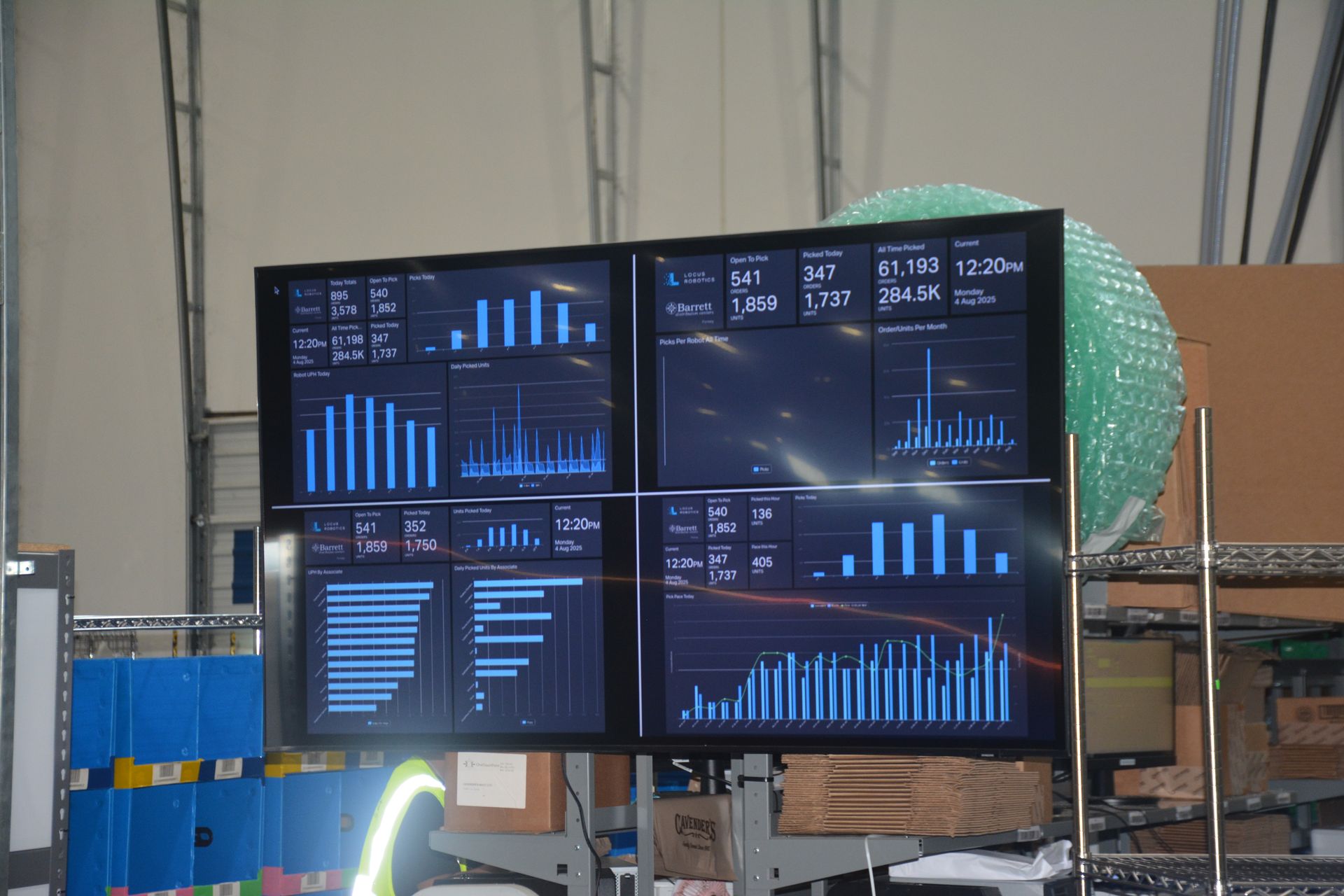
This week, I was on a call with a brand desperate to leave their 3PL. When asked if they could share data from their current provider, they responded, “I think we have an Excel sheet somewhere, but our 3PL has never really explained what any of it means.” I went straight to Jordan Johnson , the Director of Data & Analytics at ÃÛÌÒ´«Ã½, to break down the data questions that matter most for brands. From cost control to forecasting, here is what every brand should be asking about data before choosing a 3PL partner. Why is data so important in supply chain operations? Two reasons: cost and service. Costs are climbing across the board, so it is critical to have accurate data to manage and optimize spend. At the same time, visibility is now a baseline expectation. Knowing where products are and when they will reach customers is fundamental, and the right 3PL partner uses data to keep both cost and service in balance. Where is data analytics headed in the 3PL industry? Automation is expanding rapidly. Robotics, computer vision, and similar tools are becoming more affordable and less capital intensive. On the technology side, the next evolution is agentic AI. These tools do not just report on what already happened, they proactively identify anomalies and anticipate issues before they escalate. What makes a data analytics team stand out in 3PL? An exceptional team delivers both internal decision-making power and external insights for clients. At ÃÛÌÒ´«Ã½, that means: Dashboards and portals clients can access directly Monthly and quarterly reviews that surface actionable insights In-house ownership of analytics for agility and speed Context-driven reporting that translates numbers into strategy This dual focus ensures that brands see their data and understand how to act on it. How do analytics prevent costly inventory mistakes? Frequent review is key. Dashboards highlight both fast movers at risk of stockouts and inventory that has been sitting for extended periods, such as 90 days. Context matters, which is why seasonality and product type are built into the analysis. This ensures brands receive meaningful recommendations that lead to better planning, fewer surprises, and lower carrying costs. Can a 3PL support forecasting and budgeting? Yes! It is often a deciding factor for clients choosing ÃÛÌÒ´«Ã½. We work in two ways: Converting client sales forecasts into volume and cost projections Using machine learning models for brands without in-house forecasting capabilities Both approaches help brands set realistic budgets and align resources for growth. Can analytics catch issues before they become major problems? Absolutely. Making performance data visible across the organization helps catch issues quickly. On top of that, anomaly detection flags deviations from historical patterns. Together, these practices give clients peace of mind that problems are identified early rather than after the fact. How can analytics directly save money? Two proven examples: Transportation spend : analyzing service levels to ensure brands are not overpaying for speed they may not need Ordering patterns : adjusting how products are ordered, such as shifting from partial cases to full cases, which reduces handling costs What role does Paccurate play in cost savings? ÃÛÌÒ´«Ã½ partners with Paccurate for cartonization, determining the best box for every shipment. This reduces waste, errors, and shipping costs. Paccurate also evaluates packaging history to confirm whether the box mix itself should be adjusted, uncovering additional savings opportunities. How do clients access their analytics? There are two main touchpoints: A web portal with embedded dashboards where clients can pull their own reports and track trends Business reviews, monthly or quarterly, where insights are presented with recommendations for improving cost and service How do you balance fulfillment speed with accuracy? Quality checks are built into the process. Variable audits, error-based sampling, and ship accuracy metrics ensure products reach customers quickly without sacrificing accuracy. What metrics matter most for scaling brands? Two categories: cost and performance. Key metrics include: Average cost per package SLA speed targets, such as 24-hour fulfillment Inbound velocity, which measures how quickly received inventory is available to sell Tracking these ensures that growth does not come at the expense of profitability or customer experience. What technology powers the analytics? ÃÛÌÒ´«Ã½ uses a modern cloud-based stack: Snowflake as the data warehouse dbt for transformations and applied business logic Tableau for visualization, embedded directly in client portals This combination provides both flexibility and scalability as brands grow. How do you track productivity without micromanaging? Transparency and fairness are key. Metrics are measured equitably and tied back to cost savings. Through ÃÛÌÒ´«Ã½’s profit-sharing programs, employees see a direct link between hitting productivity targets and shared rewards. This drives performance while maintaining high employee satisfaction. Can analytics improve pricing for clients? Yes. The more complete the data, the tighter and more competitive the pricing solution. New clients often see broader estimates, but after a year of working with ÃÛÌÒ´«Ã½, historical data allows for far more precise pricing models. What is “click to porch” and why does it matter? Click to porch measures the time between when a customer places an order and when it arrives at their door. Brands should aim to minimize this window while managing costs, because it directly impacts customer satisfaction and repeat purchases. How granular can demand forecasting get? With strong data, forecasts can reach the product category or even item level. Apparel, footwear sizes, and seasonal items often have unique demand curves. ÃÛÌÒ´«Ã½’s analytics help clients plan with this level of detail. How does data strengthen client relationships? By creating a level playing field. When both sides work from the same data set, assumptions disappear. Conversations are based on facts, transparency builds trust, and partnerships grow stronger. Can clients request custom reports? Yes. ÃÛÌÒ´«Ã½ collects extensive data and can provide custom reporting. More importantly, reports are aligned with client goals so they inform decisions rather than simply share numbers. How do analytics improve efficiency inside the warehouse? Two main levers: Accurate forecasts that inform labor planning Equitable productivity tracking that keeps operations efficient while respecting employees The result is faster and more reliable fulfillment for clients. Don't settle for spreadsheets without explanations if you've read this far! Behind every successful brand is a supply chain partner who knows how to use data. ÃÛÌÒ´«Ã½ has been doing that for more than 80+ years. Contact us now for a free consultation with a 3PL expert.


